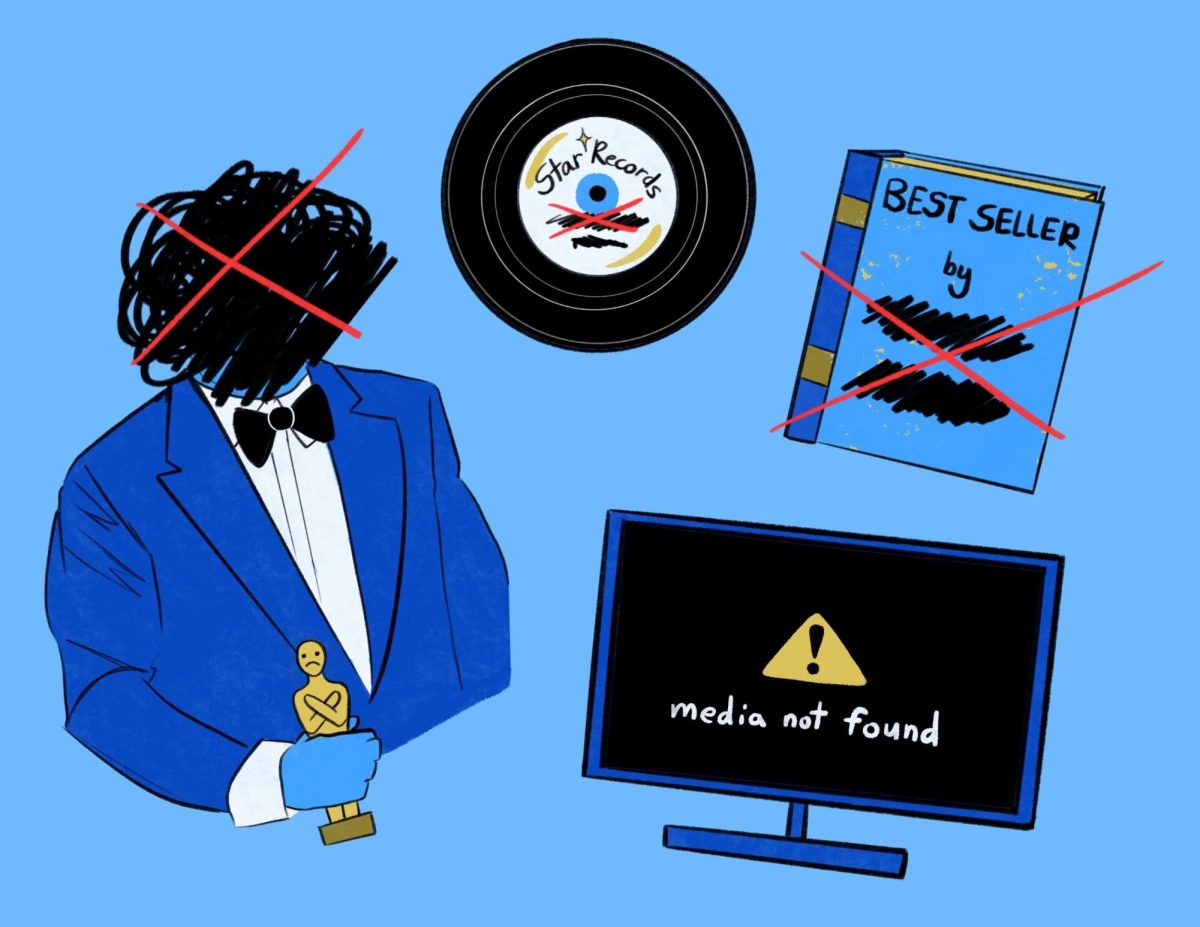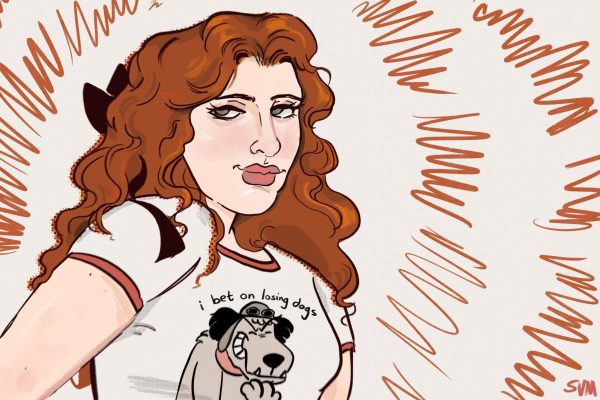With celebrities being exiled from Hollywood left and right, many musicians have fallen victim to the effects of cancel culture. Artists are being canceled for various things, like resurfaced racist, homophobic and sexist tweets.
However, regarding more minor incidents, has cancel culture gone too far?
I recently went to the 1975 show in Phoenix, and the frontman, Matty Healy, is no stranger to controversy. He has made multiple racist and sexist comments but still has a platform. I have loved their music since my 2014 Tumblr phase. However, I have been at odds with whether I should stop listening; Healy has apologized, but he has repeatedly made questionable comments. I am conflicted.
The internet and social media have definitely played a part in the advancement of cancel culture; almost everyone has access to it, and information spreads rapidly. Even if the original posts are taken down, screenshots remain on the internet forever. Sometimes, the internet correctly holds people accountable, but once people set their minds on something, it is hard to change their beliefs. Also, many people are quick to judge and won’t hear the other side of the argument.
Matty Healy isn’t the only musician who has been under fire. Kanye West has made several anti-semitic remarks, which resulted in Instagram and Twitter suspending his accounts. However, he is still garnering over 57 million monthly listeners on Spotify. He was known for pushing limits, and usually, fans praised him for it, but his recent posts have had people deciding to cancel him entirely. Don’t get me wrong, he deserves to be canceled, but Graduation is one of my most streamed albums of all time. I know of many people who still listen to him but hate what he stands for, which is what I think people should do with problematic musicians.
Another musician who has been under fire is R. Kelly. When R. Kelly was found guilty of sexual exploitation of a minor, his streams increased by 22%, and his album sales increased by 500%. Since “Surviving R. Kelly” was released, he still profited from his streams and sales. Yes, his documentary brought light to the victims, but it also caused his streams to increase dramatically. I have never listened to his music or planned on it.
Celebrities also have had their privacy breached and have been canceled for things said in the privacy of their own homes. Morgan Wallen was under fire when a video, taken by one of his neighbors, leaked of him saying a racial slur. He then publicly apologized via his Instagram while his album, Dangerous: The Double Album, broke records, and his sales soared. Wallen wasn’t properly canceled because he publicly apologized and his fans don’t seem to care what he does outside of making music. He shouldn’t have said it in the first place, but he should be able to have privacy inside of his home.
Resurfaced tweets are also a huge part of cancel culture. In 2020, 5 Seconds of Summer’s Michael Clifford expressed support for the Black Lives Matter movement, and in doing so, screenshots of past tweets surfaced. He apologized quickly and said he was not the same person as when he was younger. The question with resurfaced tweets is: do they still accurately express the artist’s feelings currently? Many people posted whatever they wanted without thinking when they were younger. People grow and learn from their mistakes.
An earlier example of cancel culture is the cancellation of The Chicks, formally known as the Dixie Chicks. In 2003, one of the band members said she was “ashamed” that President George W. Bush was from Texas because they disagreed that America should have troops in Iraq. One comment tanked their career as country music stars. Their music stopped playing on country radio stations, ticket sales plummeted and Lipton pulled their endorsement. They stood by their comment and 14 years later, they released new music and embarked on a world tour. Even though canceling them hurt their reputation and sales, they stuck by their comment and didn’t change their views just because they lost followers.
When anyone gets famous, they are subject to more scrutiny as their lives are seen under a microscope. Anything deemed “bad” by the public will be brought to light and be used against them. Musicians are targeted, and while some artists deserve to be canceled, some apologize and make changes that the public can see.
Follow the Daily Wildcat on Instagram and Twitter/X

Kelly Marry is a senior studying journalism and public relations. She likes going to concerts and traveling in her free time.










